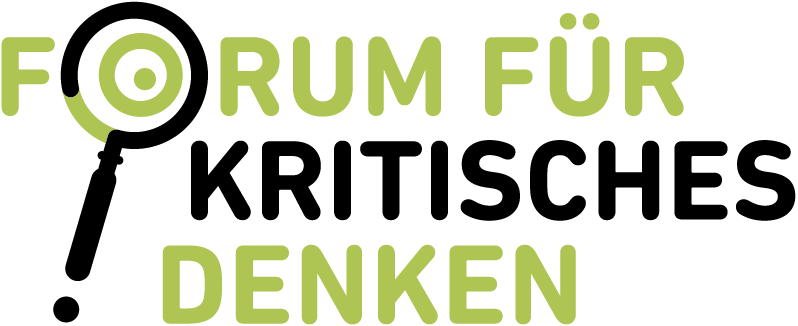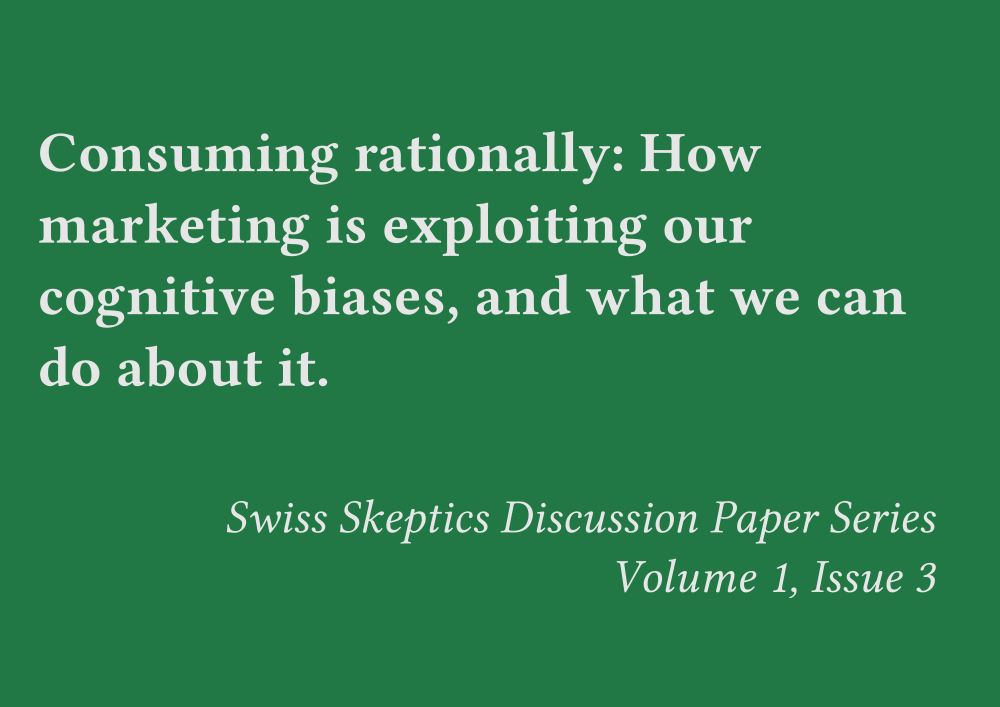Swiss Skeptics Discussion Paper Series
The Swiss Skeptics Discussion Paper Series is a collection of papers which address issues that have to do with critical thinking in the context of science, public policy, civil society, and business.
Our discussion paper series is published under a Creative Commons license: You are allowed and encouraged to share our papers and reference them in other works.
Browse our discussion papers
In order to read our published discussion papers, simply click / tap on one of the titles below. A box with information on the selected paper will open.
Abstract
The concept of critical thinking enjoys a near-universal positive connotation. Existing definitions of critical thinking, however, tend to be rather vague, and, as a consequence, they provide neither an accurate nor a precise understanding of critical thinking. In this paper, I propose to understand critical thinking as a metacognitive skill applicable to the evaluation of truth claims. Critical thinking as a metacognitive skill consists of three components: Minimization of logical fallacies, minimization of cognitive biases, and a probabilistic epistemology. Understood in this manner, critical thinking can improve the quality of our inferences about the world.
For additional information about Volume 1, Issue 1, click here.
Abstract
Complementary and alternative medicine (CAM) is oftentimes criticized from the point of view of evidence-based medicine (EBM) on the grounds that there is not enough evidence to support the claims of the CAM measures in question. That criticism is misguided: There is plenty of evidence to support CAM measures, but that evidence is produced within the epistemological framework of CAM rather than the epistemological framework of EBM. The real problem, therefore, is not a lack of evidence for CAM, but the defective epistemology of CAM: CAM epistemology is less reliable and less valid than EBM epistemology. This problem of CAM epistemology extends to the challenge of CAM regulation. CAM regulation is desirable in order to assure a certain level of quality of CAM services and providers, but at the same time, CAM regulation can signal that the medical claims of CAM are true, and therefore, that CAM epistemology is valid. Unless policymakers truly believe this to be the case, CAM should be regulated in a manner that makes its defective epistemology clear to all healthcare participants.
For additional information about Volume 1, Issue 2, click here.
Abstract
As consumers, we are rational in principle, but all too often irrational in practice: A number of so-called cognitive biases impact our rational decision-making. Our tendency for irrational decision-making is compounded by marketing, which is little more than the art of exploiting cognitive biases. Cognitive biases affect consumer behavior on two dimensions, preference genesis and preference order.
Prevalent though they are, cognitive biases in consumer behavior are not inevitable. There are two general strategies for reducing the impact of cognitive biases: Debiasing and self-nudging.
For additional information about Volume 1, Issue 3, click here.



